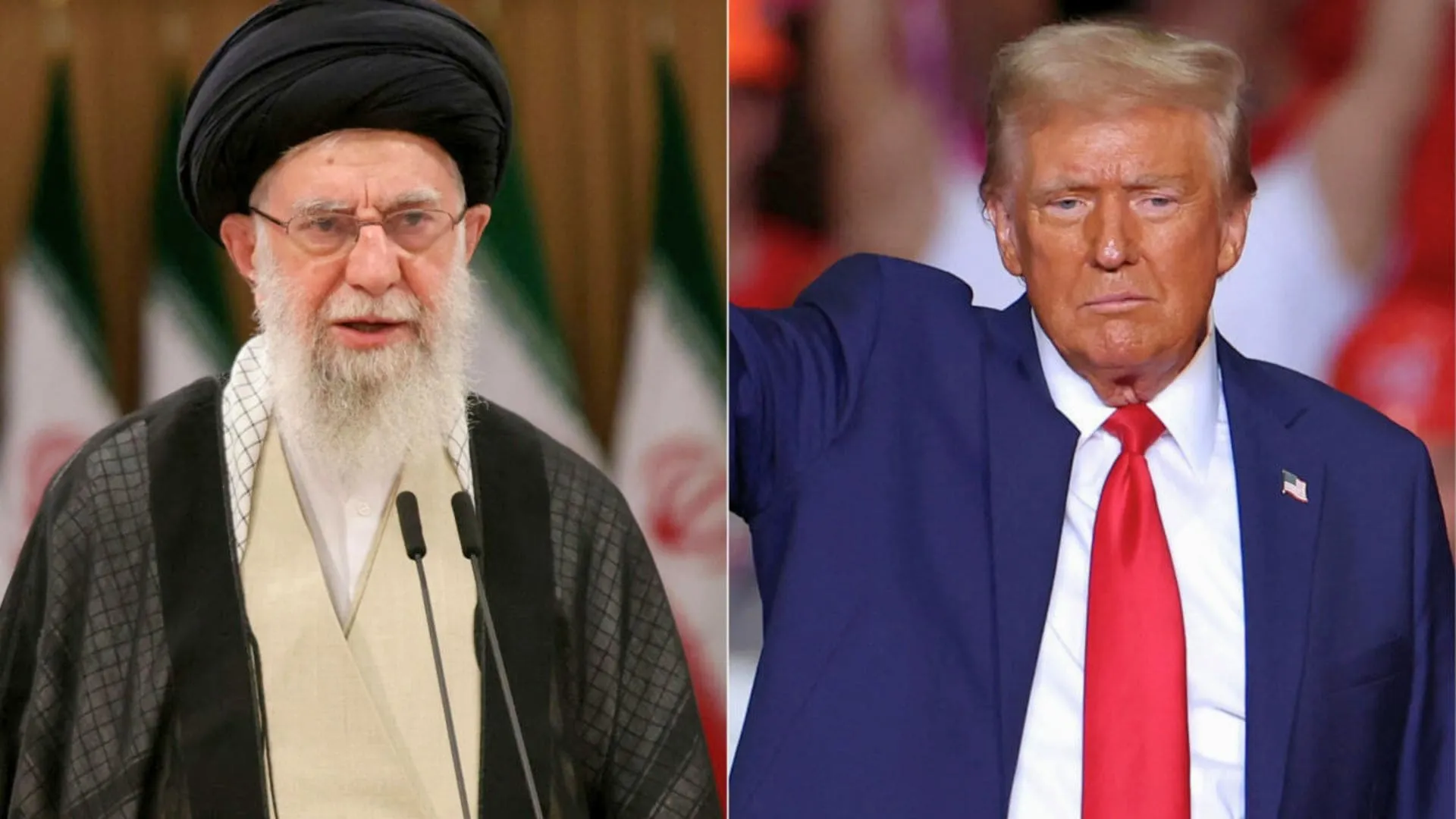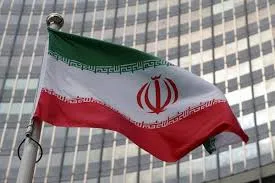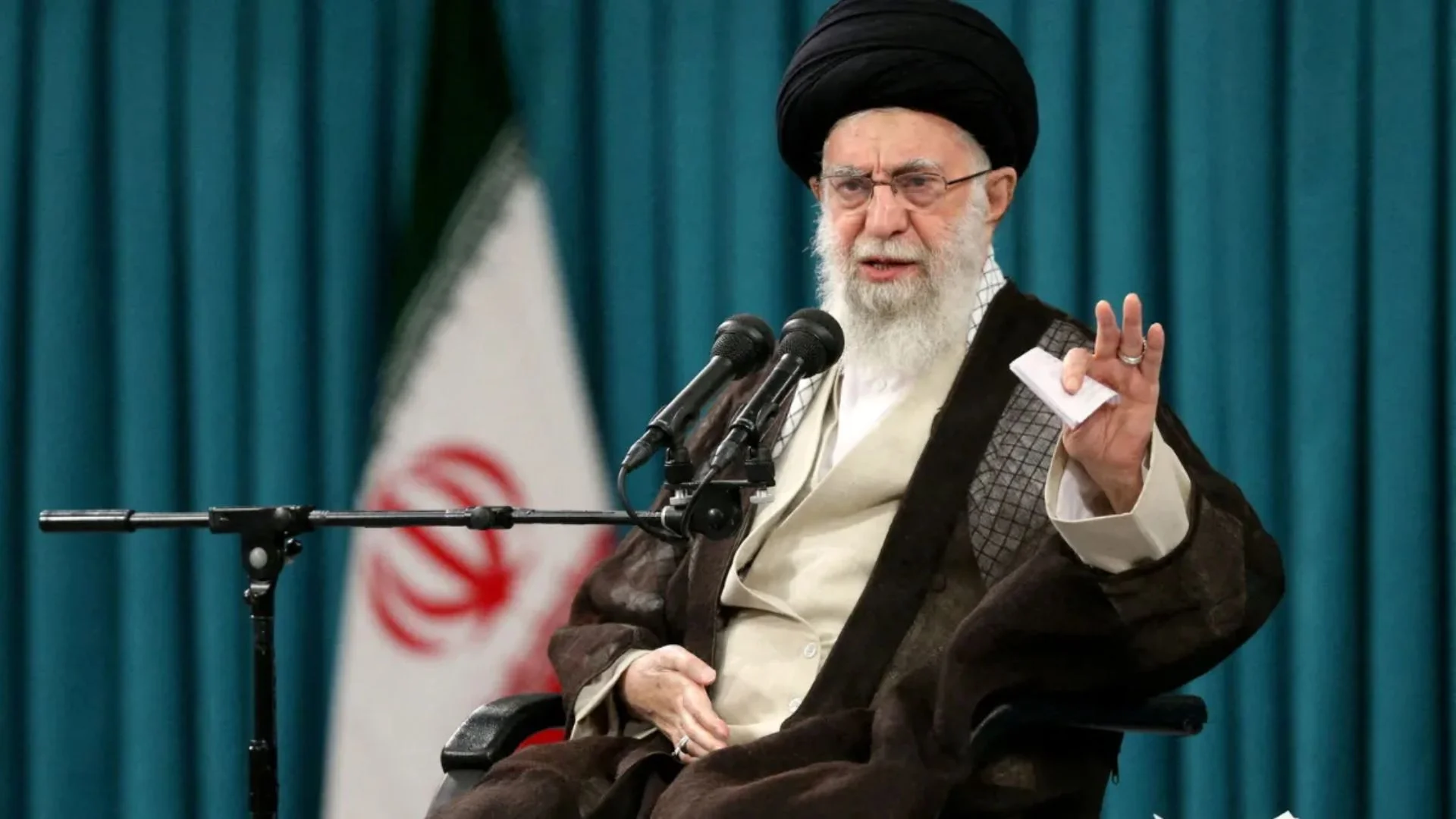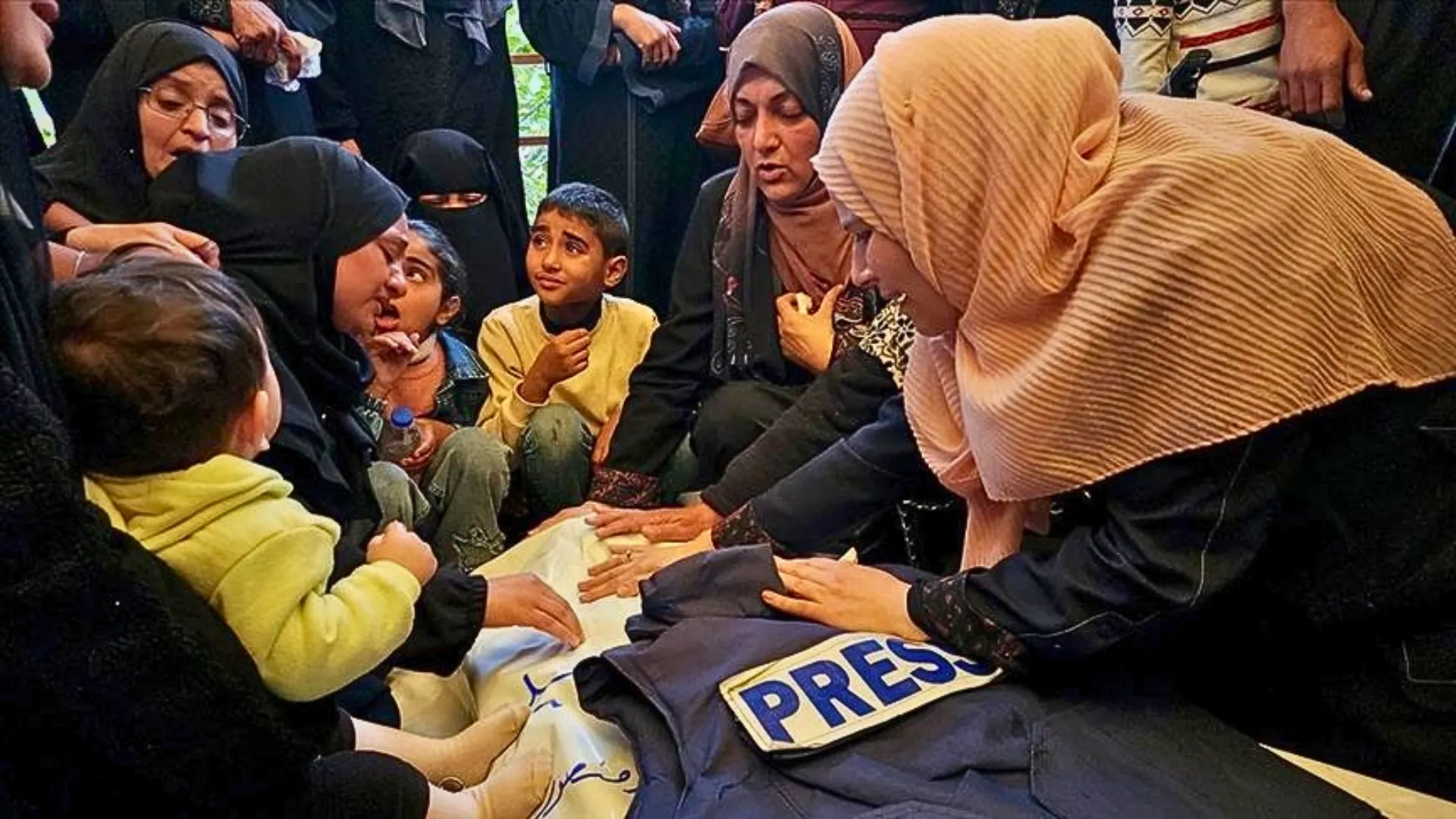Iran has strongly rejected an ultimatum by US President Donald Trump for immediate talks on its nuclear policy. Iran would rather have indirect talks, probably via Oman, a respected facilitator. The more tensions escalate, the US warns of war. In turn, Tehran threatens countries around it that cooperating with a US attack would be severe. With neither side budging, the standoff could destabilize the region.
Indirect Negotiations: Testing Washington’s Commitment
Iran is committed to seeking out indirect negotiations in order to measure the seriousness of the US about a diplomatic resolution. Tehran sees the negotiations as an opportunity to gauge US intentions and determine whether Washington is serious about finding a peaceful solution or not. Although Iran recognizes that indirect negotiations have issues, it feels they are the best way to preempt war. Tehran views these negotiations as essential to lowering tensions and resolving the situation peacefully. Iran is willing to start the process if the US demonstrates a sincere intent to have productive, non-violent talks.
Regional Tensions: Iran’s Warnings to Neighbors
The dynamics have intensified. Iran has threatened its neighbors—Iraq, Kuwait, UAE, Qatar, Turkey, and Bahrain—that backing U.S. military intervention or conceding airspace use will amount to hostility. Tehran has increased military alertness and stands ready to strike if the need arises. This has set off alarm in the Gulf, where pro-US Arab monarchies are caught in an uneasy tightrope between their alignment with Washington and fear of offending Tehran.
Iran is also worried that Israel might attack its nuclear plants unilaterally, further fueling tensions. While Iran is enriching uranium to levels close to being weapons-grade, diplomacy is more than ever needed. The two sides recognize the need for a diplomatic solution, but time is of the essence. With rising tensions, the danger of military conflict increases.






















